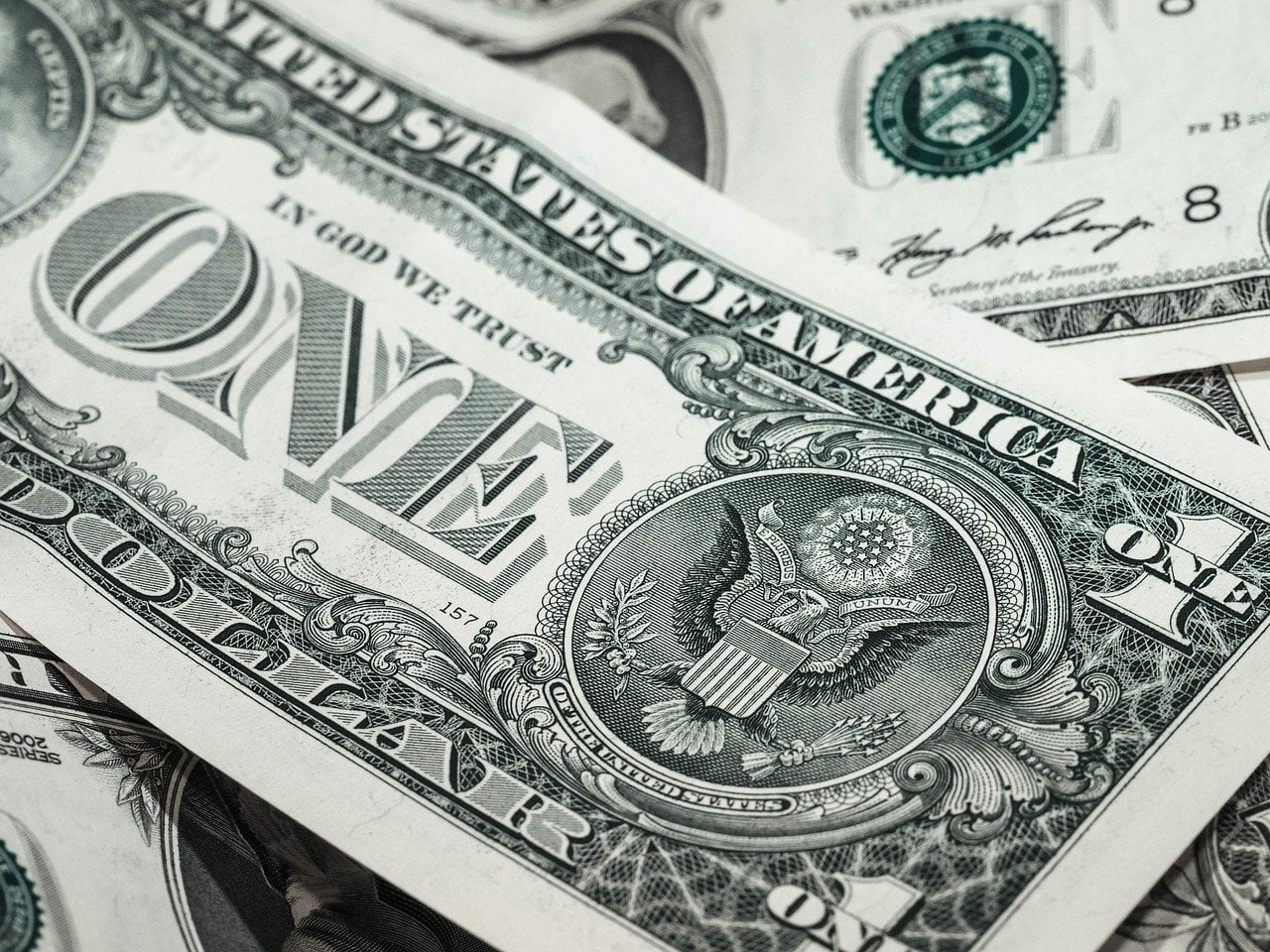The IRS is currently distributing the sixth batch of stimulus checks under the American Rescue Plan. This sixth batch of payments not only includes coronavirus stimulus checks but also a bonus payment, in the form of “plus-up” checks.
Q1 2021 hedge fund letters, conferences and more
This “plus-up” payment is for those who already got their coronavirus stimulus payment under the $1.9 trillion American Rescue Plan. Specifically, the “plus-up” payment is for those who didn’t get the full amount of stimulus payment that they were eligible for in the third round.
According to the IRS, these plus-up payments offer "supplemental" support to those whose third stimulus check was based on their 2019 tax return. However, based on their 2020 return, they qualify for more. This “plus-up” payment is the difference for eligible people.
When the IRS started processing the third stimulus checks of up to $1,400, it used the most recent data on its system. This meant that people who didn’t file their 2020 tax return by then got a stimulus payment on the basis of their 2019 return.
After they file their 2020 tax return, showing that their income dropped last year, they will qualify for more money. Thus, such people would get the difference amount by way of the “plus-up” payment.
"These 'plus-up' payments could include a situation where a person's income dropped in 2020 compared to 2019, or a person had a new child or dependent on their 2020 tax return, and other situations," the IRS says.
Who qualifies for "plus-up" payment?
Apart from the tax return, there are more scenarios in which some may qualify for a “plus-up” payment. They are:
- If you are married and file jointly and your 2020 tax return includes a new child or dependent.
- If you are a couple who filed separately last year, but filed jointly this year. In this case, you will qualify for the full amount only if the joint, adjusted gross income is less than $150,000.
- You were not required to file a tax return for 2019 but used a non-filer tool last year to claim the stimulus check.
- If you get disability compensation from the Department of Veterans Affairs and you were not required to file a tax return for 2019 but have filed a tax return for 2020.
Thus, there are several reasons you may qualify for a “plus-up” payment. It is important that you pay close attention to the amount you are eligible for and the amount you already got. You should also track your payment and keep any letter that you get from the IRS.
The IRS is sending these “plus-up” payments on a weekly basis, and it will continue for a few more weeks, with the new tax deadline of May 17 approaching fast.






